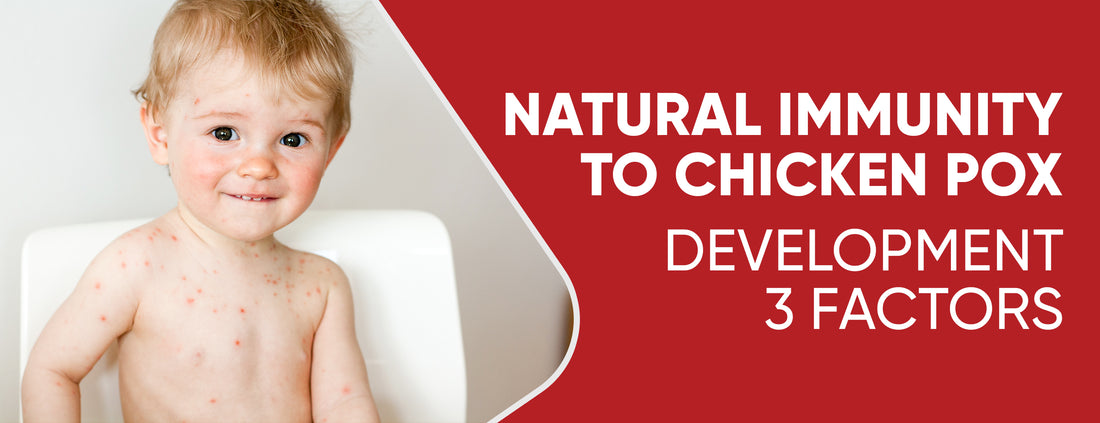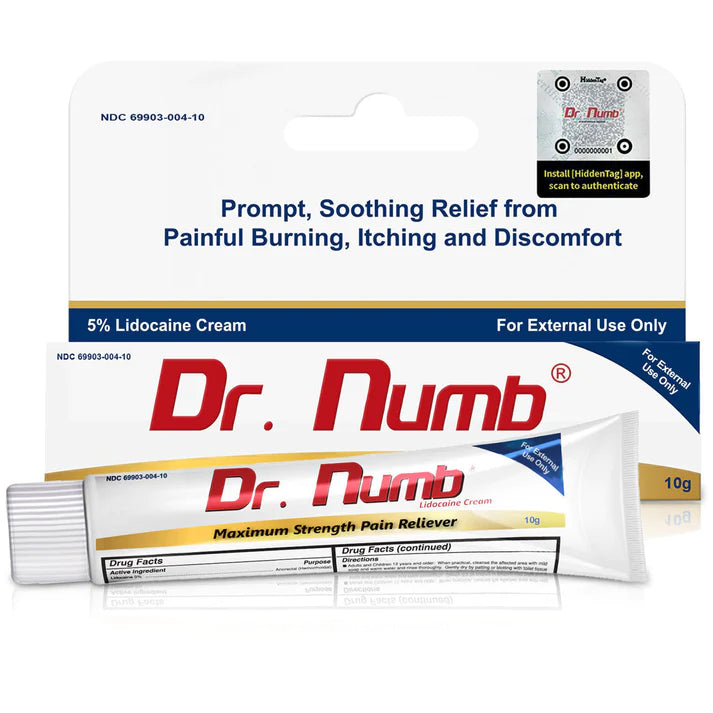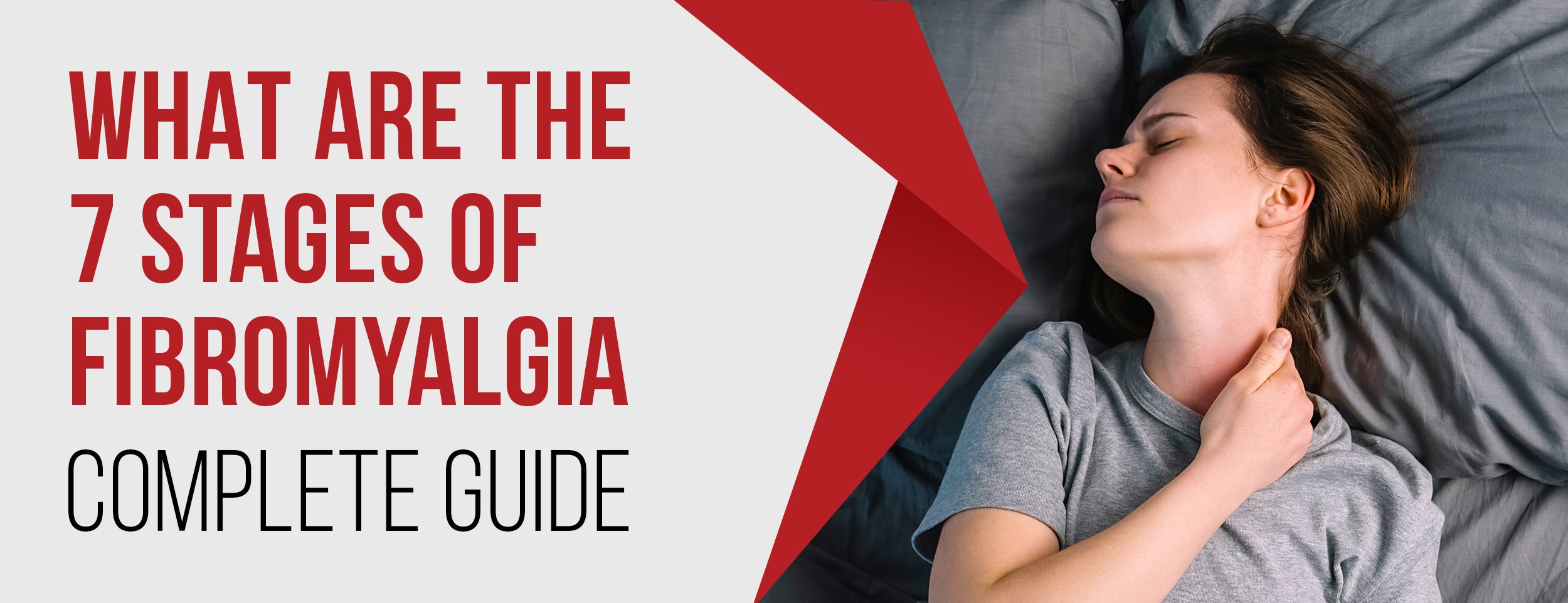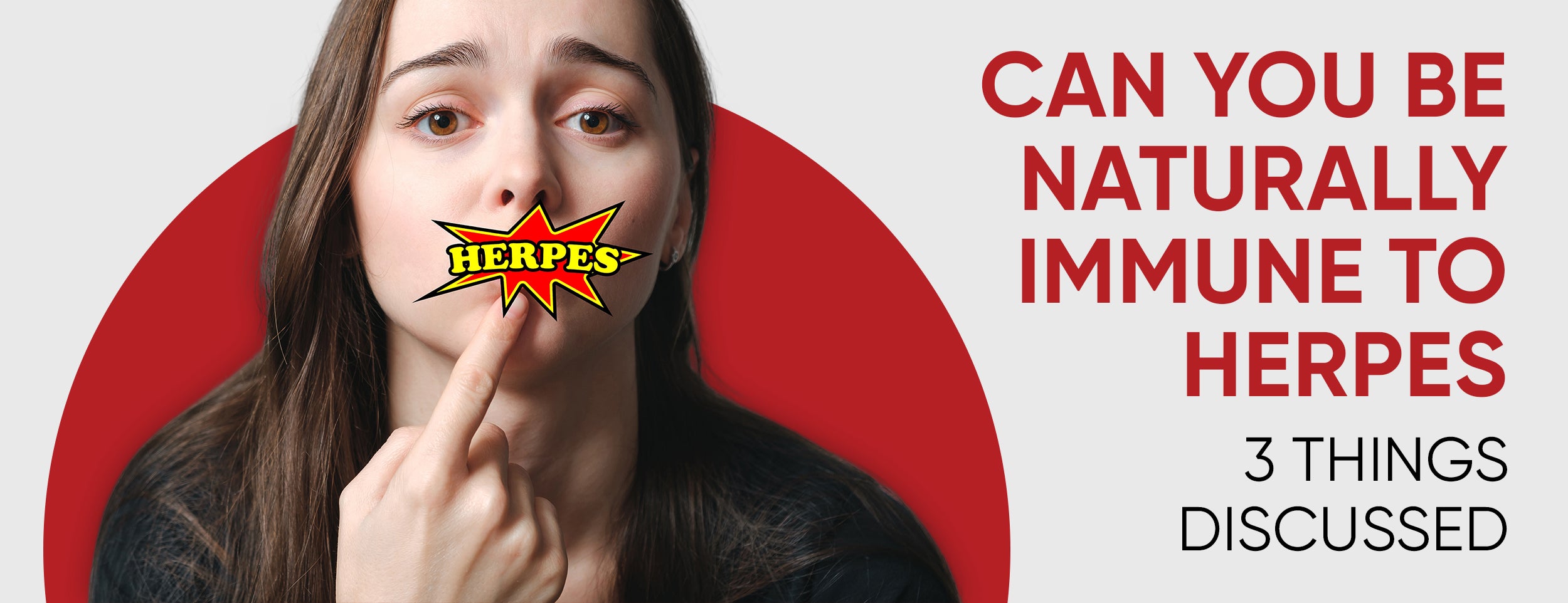People get natural immunity from birth or breastfeeding exposure to disease-causing agents. This immunity can be categorized as either natural active or natural passive. Natural active immunity arises when a person combats an infection, generating antibodies and memory cells.
For instance, recovering from chickenpox confers natural active immunity against VZV. Those who have had chickenpox are immune for life, but the virus may reactivate later in life as shingles. Cases of chickenpox are now rare.
The relationship between chickenpox and natural immunity is multifaceted, influenced by factors such as age of exposure, infection severity, protection duration, and likelihood of complications.
This article will explore the development, advantages, risks, and effective methods to bolster natural immunity against chickenpox.
Natural Immunity to Chickenpox: How to Develop?

Exploring Varicella Zoster Exposure, Infection, Recovery, and Chickenpox Immunization. Delve into the details and gain a comprehensive understanding of these aspects.
Being Exposed to the Varicella Zoster Virus
The initial step involves exposure to VZV to develop natural immunity to chickenpox. This can occur through direct contact with individuals affected by chickenpox or shingles (reactivation of VZV in adults).
Airborne droplets resulting from coughing or sneezing can also transmit the virus. It is also possible for VZV to spread via contact with contaminated objects or surfaces like clothing, bedding, toys, or utensils.

Chickenpox: Contracting and Recovering
After exposure to VZV, it takes 10-21 days for chickenpox symptoms to appear, known as the incubation period. The virus enters the body through the respiratory tract or skin, traveling to lymph nodes where it multiplies and spreads to other organs. The virus also infects nerve cells and remains dormant for life.
The first sign of chickenpox is typically a fever, followed by an itchy rash that starts on the face and chest, spreading to other parts of the body. The rash consists of small red bumps that develop into fluid-filled blisters, bursting and crusting within a few days. While the rash usually lasts about a week, healing may take longer in some cases.
Most people recover from chickenpox without complications. Secondary infections like bacterial skin infections, pneumonia, encephalitis, or sepsis may occur, especially in individuals with weakened immune systems (e.g., HIV/AIDS, cancer), pregnant women, newborns, and unvaccinated adults.
Building Long-Term Immunity to Chickenpox
After chickenpox recovery, the immune system produces antibodies and memory cells to ward off future reinfection by the same virus (natural active immunity). This immunity typically lasts a lifetime but may diminish due to aging, immunosuppression, or other factors. Rarely, encountering a different VZV strain can lead to multiple bouts of chickenpox.
Although natural active immunity protects against chickenpox, it doesn't prevent shingles. Shingles occur when VZV reactivates in nerve cells, causing a painful rash along a specific nerve pathway.
While anyone with a history of chickenpox can develop shingles, it's more common in older adults and those with weakened immune systems. Potential complications include postherpetic neuralgia, eye problems, hearing loss, or stroke.
Benefits and Risks of Natural Immunity to Chickenpox

Let's dive into the benefits of natural immunity, the risks and complications of chickenpox, and the importance of chickenpox vaccination.
Benefits of Natural Immunity
Natural immunity to chickenpox offers several advantages:
- It offers enduring protection against chickenpox, eliminating the need for supplementary measures.
- Exposing the immune system to various pathogens and antigens bolsters its diversity and resilience.
- Furthermore, it might provide cross-protection against related strains or variants of the VZV virus, which give rise to comparable illnesses.
Risks and Complications of Contracting Chickenpox
Contracting chickenpox can give rise to various risks and complications, including:
- The potential for severe or fatal complications stemming directly from the disease, such as organ damage, disability, or even loss of life.
- An increased likelihood of developing shingles later on in life. These post-chickenpox episodes can lead to chronic pain and other serious issues.
- The added concern is vulnerable populations who may be unable to develop natural immunity due to age, existing health conditions, or genetic predispositions.

Considering Vaccination for Chickenpox
Vaccination is a safe and effective way to prevent chickenpox and its complications. The chickenpox vaccine contains weakened VZV, which stimulates the immune system to produce antibodies and memory cells without causing symptoms.
It is recommended for children aged 12-15 months and again at 4-6 years and adults without prior chickenpox or vaccination. It is also recommended for high-risk groups, such as healthcare workers, pregnant women, the aged, and people with weak immune systems.
The chickenpox vaccine offers numerous advantages over natural immunity, including:
- Prevention or reduction in the severity of chickenpox without experiencing its symptoms or complications.
- Protection for vulnerable groups who cannot develop natural immunity due to factors like age, health conditions, or genetics.
- Decreased risk of developing shingles later in life by preventing initial VZV infection.
- Contribution to herd immunity, safeguarding a community from an epidemic when a sufficient number of individuals are immunized or possess immunity.
The chickenpox vaccine has minimal side effects like pain, redness, swelling at the injection site, mild fever, rash, or allergic reactions. These are usually mild and short-lived, rarely causing serious problems. The benefits of vaccination outweigh the risks.
Boosting Natural Immunity to Chickenpox

Regardless of your history with chickenpox, there are various measures you can take to enhance your natural immunity against chickenpox and other illnesses. Here are a few methods to consider:
Maintaining a Healthy Lifestyle
Maintaining a healthy lifestyle can bolster your immune system and aid in fighting off infections. Key components of a healthy lifestyle include:
- Consuming a well-balanced diet that provides vital vitamins, minerals, antioxidants, and other essential nutrients crucial for optimal immune function.
- Ensuring proper hydration by drinking an ample amount of water.
- Prioritizing sufficient sleep and rest for rejuvenation.
- Steering clear of harmful substances like tobacco, alcohol, drugs, and other detrimental elements that can weaken your immune system.
- Effectively managing stress levels and incorporating relaxation techniques into your routine.
Boosting Immune System Function
Natural remedies and supplements may aid immune system function and prevent or treat infections. However, it's important to consult a doctor before using these products as they may have side effects or interact with other medications. Some examples are:
- Garlic: It has properties that can help fight infections. You can eat raw garlic cloves or take supplements.
- Echinacea: It's a herb that can boost white blood cell production. You can take capsules or tea.
- Zinc: This mineral is vital for immune system function. Get it from meat, seafood, nuts, seeds, or dairy products. Supplements are also available.
- Vitamin C: It's an antioxidant that protects cells from damage and enhances immune function. Find it in fruits and veggies like citrus, berries, peppers, broccoli, or spinach. You can also take supplements.

Seek Medical Advice for Specific Situations
If you have any inquiries or concerns about your immunity to chickenpox or any other illness, it is advisable to consult your doctor for medical advice. Your doctor will assess your medical history, conduct any necessary tests, and provide recommendations tailored to your specific circumstances.
For instance, they can guide you on the need for chickenpox vaccination, prescribe antiviral medication if exposed to VZV, or advise seeking immediate medical attention if severe symptoms or complications of chickenpox or shingles arise.
Conclusion
Chickenpox, caused by the varicella-zoster virus, is a common infectious disease. It presents with an itchy rash, fever, and other symptoms. Recovery from this infection leads to natural immunity, offering long-term protection against chickenpox.
It comes with potential complications and the potential to develop shingles later in life. Vaccination is a recommended, safe, and effective preventive measure for children and unvaccinated adults. Boosting natural immunity involves maintaining a healthy lifestyle, bolstering immune system function, and seeking medical advice.
By understanding the risks and benefits of natural immunity, informed decisions can be made about health and disease prevention.








![Natural Ways to Boost Immunity [ Essential]](http://drnumb.com/cdn/shop/articles/How_to_Naturally_Boost_Immune_System__8_Tips_Essential.jpg?v=1706068514)




